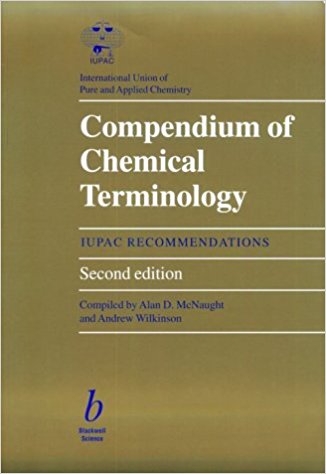Can't find what you are looking for? Give interlibrary loan at try! Basically if you want something (articles, books, DVDs) we will borrow that item from another institution for you. It's that easy.
 Compendium of Chemical Terminology
Also known as the "Gold Book" this is a collection of nearly 7,000 terms. with authoritative definitions, spanning the whole range of chemistry.
Compendium of Chemical Terminology
Also known as the "Gold Book" this is a collection of nearly 7,000 terms. with authoritative definitions, spanning the whole range of chemistry.
 SpectraBase
Fast text access to hundreds of thousands of free NMR, IR, Raman, UV-Vis, and mass spectra.
SpectraBase
Fast text access to hundreds of thousands of free NMR, IR, Raman, UV-Vis, and mass spectra.
 ChemCollective
These tutorials combine movies and text with interactive tutors that walk students through solving problems on each topic.
ChemCollective
These tutorials combine movies and text with interactive tutors that walk students through solving problems on each topic.
Keywords are...
Try Boolean Operators...
Truncation...
Wildcards...
Limit to Peer-Reviewed, Refereed or Scholarly articles...
Narrow the Date Range...
For some of us, it helps to break down our research components so that we can create more effective search strategies. I create this worksheet that might help you do that!
